10 Collagen Disrupters Living in a Big City
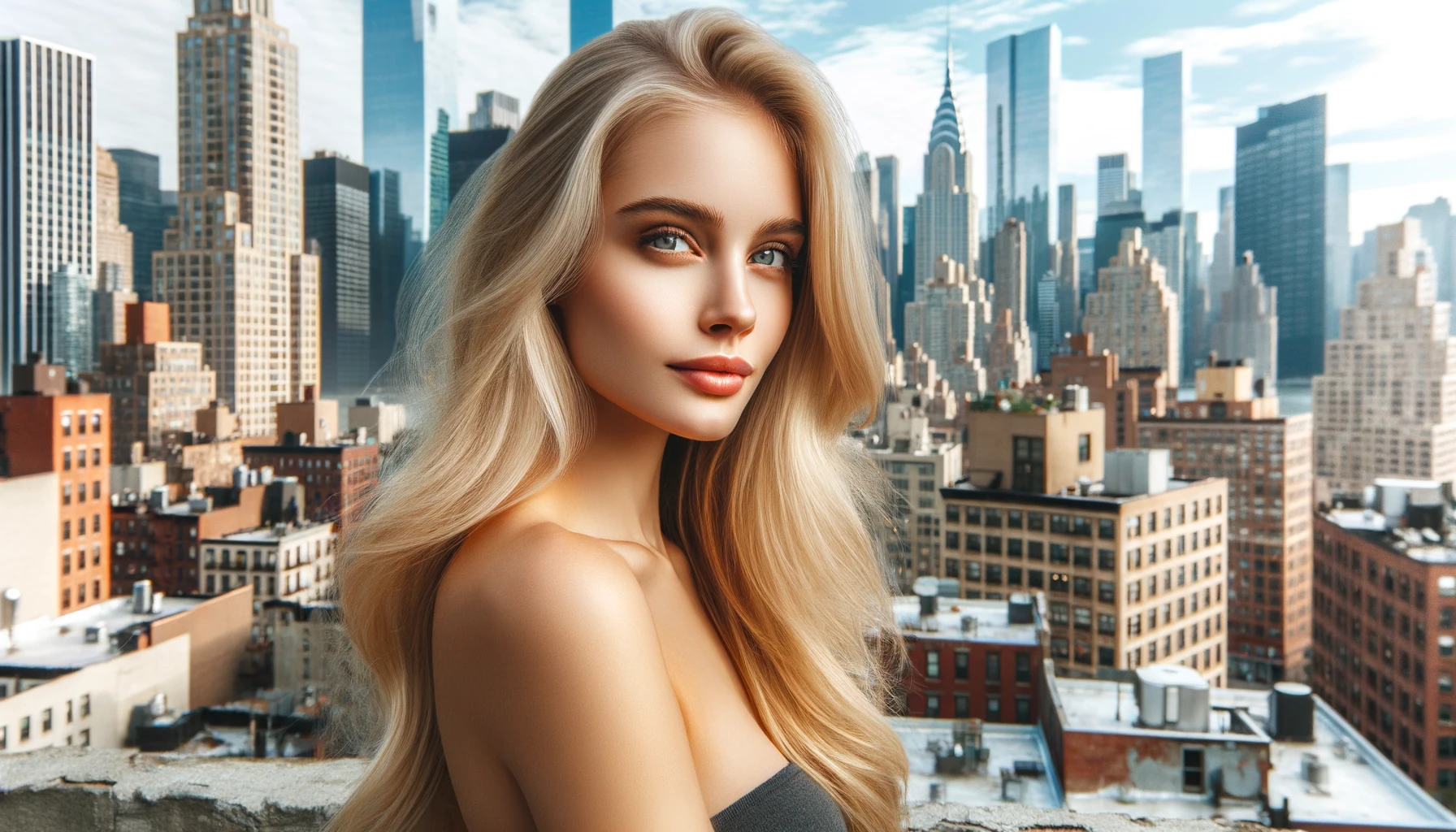
In the heart of New York City, amidst the endless hustle and vibrant chaos, lies an unseen battle affecting the very foundation of our skin’s health: collagen disruption.
As a fitness and health-conscious New Yorker or individual navigating this fast-paced urban landscape, you’re not just juggling a busy schedule—you’re also facing a daily skirmish to preserve your youthful glow.
This guide is crafted with you in mind, offering insights into combating collagen disrupters with practical, natural solutions that fit seamlessly into your holistic lifestyle.
Understanding Collagen Disrupters
1. Pollution: The Invisible Enemy
Problem: Pollution exposes the skin to a myriad of pollutants and particulate matter. These foreign invaders penetrate the skin’s barrier, generating free radicals—unstable molecules that steal electrons from healthy cells, including collagen fibers.
This oxidative stress damages the collagen’s triple helix structure, leading to a breakdown and a subsequent loss in skin elasticity and firmness. Over time, this contributes to the formation of wrinkles and a decrease in the skin’s youthful bounce.
Solution: Arm your skincare arsenal with antioxidants. Integrating Vitamin C or E serums can act as a protective shield, neutralizing free radicals and fostering collagen regeneration.
For a greener, cleaner living space, consider indoor plants that purify the air, adding a natural touch to your urban oasis.
2. Sun Exposure: The Relentless Force
Problem: Ultraviolet (UV) radiation from the sun directly damages the collagen fibers through a process called photodegradation. UV rays penetrate the skin, targeting the collagen-producing cells (fibroblasts) and altering their normal function.
This not only reduces the overall production of new collagen but also encourages the production of enzymes called matrix metalloproteinases (MMPs). MMPs break down collagen, accelerating the aging process and leading to premature signs of aging, such as wrinkles and sagging skin.
Solution: Make sunscreen with broad-spectrum protection your daily companion to shield your skin from UV rays, preserving your collagen structure and preventing sun damage.
Opt for natural, reef-safe sunscreens that align with your environmental values, providing effective protection without harming marine life.
3. Stress: The Silent Collagen Thief
Problem: Chronic stress leads to elevated cortisol levels, the body’s primary stress hormone. High cortisol levels have a catabolic effect on the body, meaning they facilitate the breakdown of complex molecules—such as collagen—into simpler ones.
This process weakens the skin’s structural integrity, diminishing its ability to retain elasticity and smoothness. Furthermore, cortisol can also reduce the skin’s ability to regenerate collagen, compounding the effects of stress on the aging process.
Solution: Embrace stress-reduction techniques such as yoga, meditation, or peaceful walks in the city’s hidden green spaces.
These practices can lower cortisol levels, safeguarding your skin’s collagen and maintaining its firmness and smoothness.
4. Diet: The Foundation of Youth
Problem: A diet lacking in essential nutrients affects collagen production at a cellular level. Collagen synthesis requires vitamin C, amino acids like proline and glycine, and minerals such as zinc and copper.
Without these key nutrients, the body cannot effectively produce or maintain healthy collagen. Poor dietary choices may lead to nutritional deficiencies, impairing collagen production and affecting the skin’s brightness, texture, and overall health.
Solution: Opt for a diet rich in Vitamin C, antioxidants, and amino acids.
Shopping at Whole Foods, choose organic fruits, vegetables, and lean proteins that support collagen production, enhancing your skin’s natural glow and texture.
5. Smoking: The Collagen Saboteur
Problem: Smoking introduces a vast array of toxic chemicals into the body, including nicotine, which narrows blood vessels and impairs blood flow to the skin. This reduction in blood flow limits the delivery of oxygen and essential nutrients, crucial for collagen production.
Moreover, the chemicals in cigarette smoke induce oxidative stress, directly damaging collagen fibers and leading to an accelerated breakdown process. This results in the loss of skin elasticity, firmness, and the early onset of wrinkles.
Solution: Quitting smoking can significantly halt and even reverse collagen loss.
Explore support groups or holistic therapies like acupuncture to ease the transition, restoring your skin’s natural vitality and glow.
6. Lack of Sleep: The Overlooked Culprit
Problem: Sleep is a critical period for the body’s repair and regeneration processes, including collagen production. During sleep, growth hormone levels increase, stimulating cell reproduction and regeneration.
A lack of quality sleep disrupts these processes, leading to reduced collagen production. This affects the skin’s ability to repair itself, contributing to a tired appearance, decreased elasticity, and the formation of fine lines.
Solution: Prioritize quality sleep by establishing a calming bedtime ritual and aiming for 7-9 hours of restful sleep.
This facilitates your skin’s repair and regeneration processes, enhancing collagen production and skin elasticity.
7. Alcohol Consumption: The Dehydrating Factor
Problem: Alcohol is a diuretic, which means it encourages the body to eliminate fluids. This can lead to dehydration, affecting the skin’s moisture levels and reducing its plumpness and elasticity.
Dehydrated skin is less efficient at producing and maintaining collagen, leading to a breakdown in the skin’s structural integrity and the appearance of dryness and fine lines.
Solution: Drink in moderation, balancing alcohol consumption with plenty of water intake to maintain skin hydration and collagen health.
Opt for hydrating, alcohol-free mocktails to enjoy social moments without compromising your skin’s well-being.
8. Blue Light Exposure: The Modern Age Menace
Problem: Blue light from digital devices can penetrate deeper into the skin compared to UVA and UVB light, reaching the dermis where collagen and elastin reside. Prolonged exposure to blue light has been shown to generate reactive oxygen species (ROS), similar to the damage caused by sunlight and pollution.
This oxidative stress can lead to collagen breakdown, contributing to skin aging, including wrinkles and loss of firmness.
Solution: Limit screen time and use blue light filters on your devices to protect your skin.
Incorporate eye rest and outdoor breaks into your daily routine to minimize exposure and support skin health.
9. Extreme Weather: The Seasonal Challenger
Problem: Fluctuating temperatures and extreme weather conditions can stress the skin, affecting its barrier function and leading to moisture loss. Cold weather, in particular, can make the skin dry and brittle, making it more susceptible to damage.
This environmental stress can slow down collagen production and accelerate its degradation, compromising the skin’s ability to maintain hydration and elasticity.
Solution: Adapt your skincare routine with the seasons.
Use hydrating products in the winter and lighter, protective formulas in the summer to support collagen health and skin hydration throughout the year.
10. Indoor Air Quality: The Hidden Hazard
Problem: Dry indoor environments, often exacerbated by heating and air conditioning, can deplete the skin’s natural moisture. This dryness affects the skin’s outer layer, making it less effective at protecting against environmental aggressors and more prone to damage.
When the skin’s moisture barrier is compromised, it can lead to a decrease in collagen production and an increase in collagen breakdown, affecting the skin’s elasticity and leading to premature aging signs.
Solution: Use a humidifier to add moisture back into your indoor space, helping to preserve your skin’s suppleness and support collagen function.
As you embrace these solutions, remember, the journey to preserving your skin’s collagen is not just about combating external factors; it’s about nurturing your inner health and wellness.
With each step, you’re not only safeguarding your skin’s youthful radiance but also embracing a lifestyle that celebrates holistic, natural living.
Here’s to thriving in the urban jungle with health, vitality, and glowing skin!

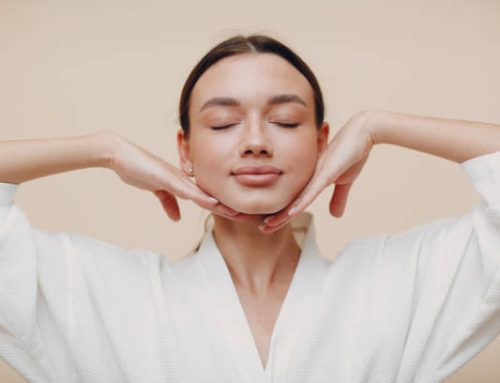
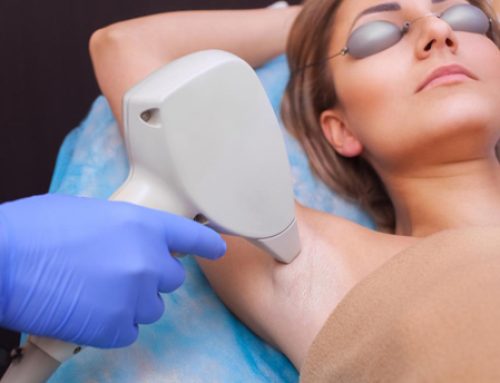
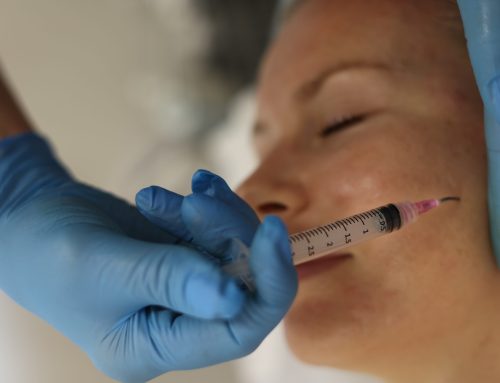

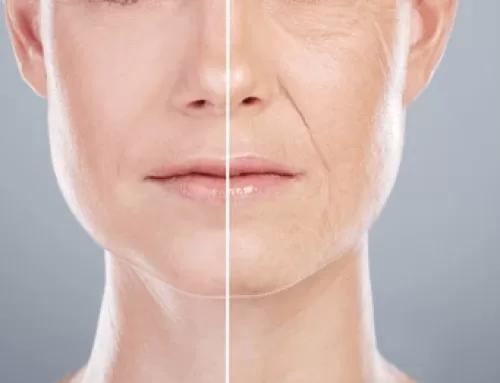
Leave A Comment